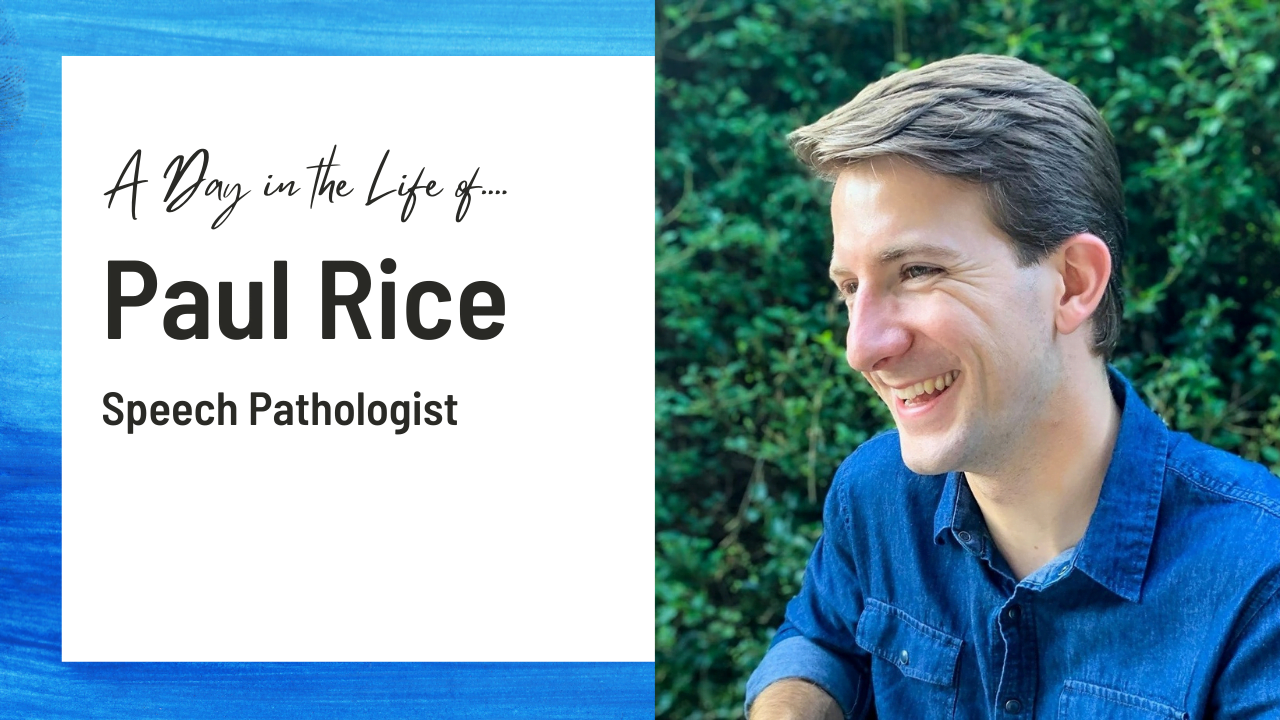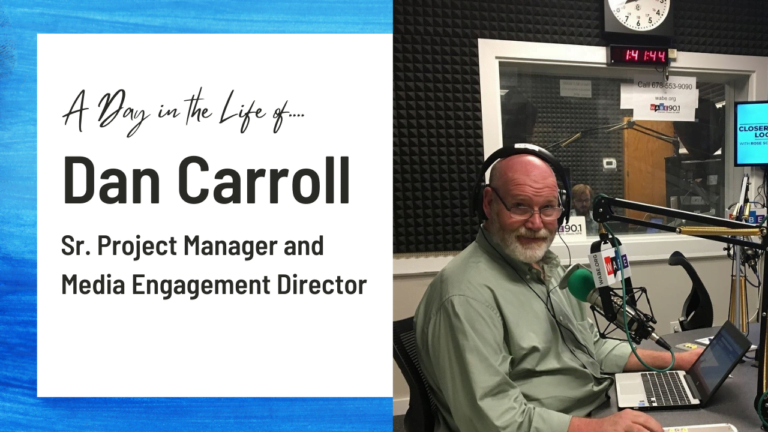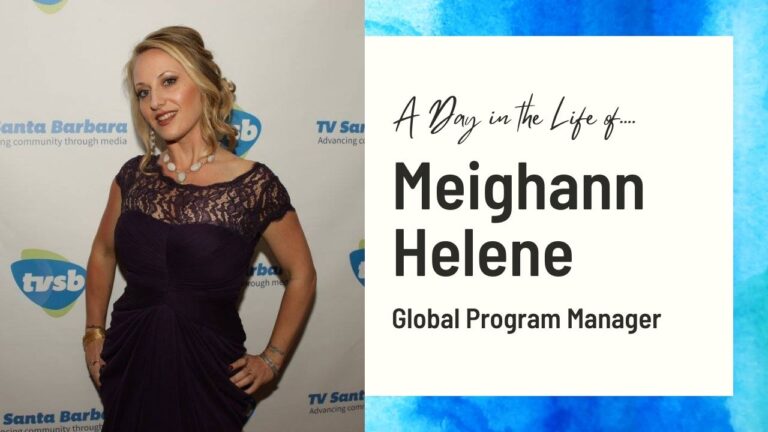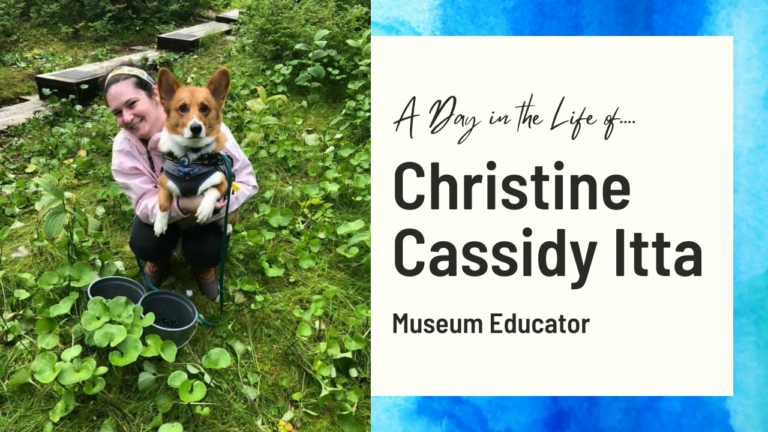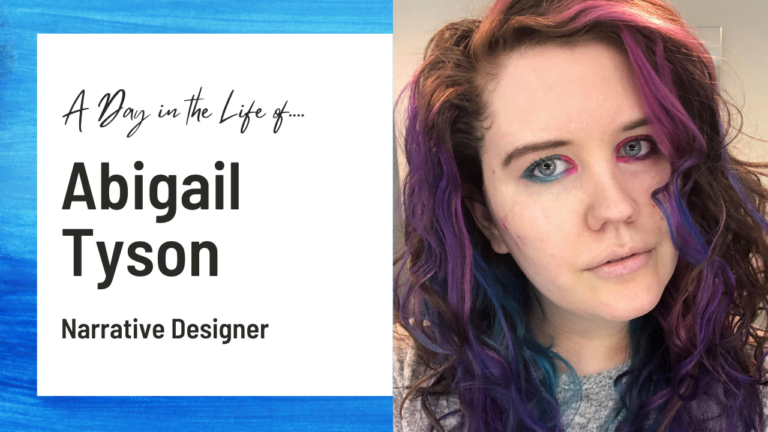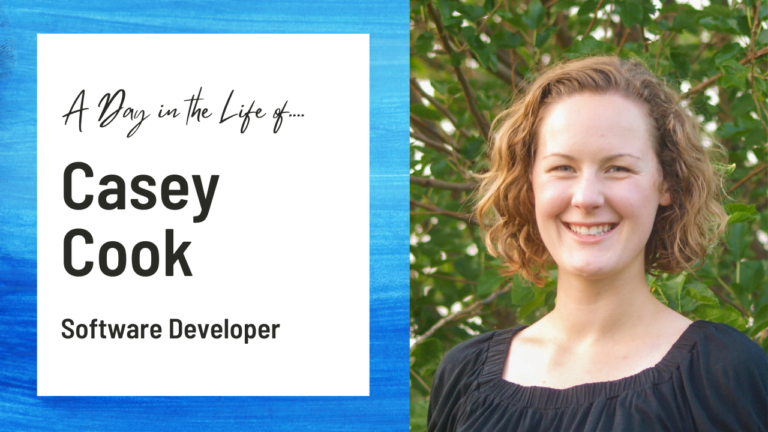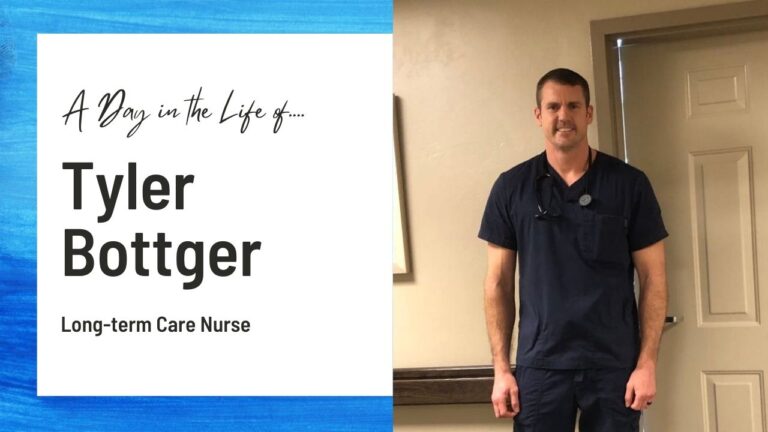What a Career in Pediatric Speech Pathology Looks Like with Paul Rice
You might not think copy-editing or coordinating digital content for a newspaper would naturally transition into the field of speech pathology. But, according to Paul Rice, it’s all about communication.
In fact, Paul’s undergraduate science courses (especially biology and physics) combined with the 2 years he spent working for the newspaper, served as a perfect launchpad into his speech pathology career. It was his work on a story about babies born addicted to opioids that led him to pursue his Master’s degree.
In describing his days working with kids and motivating them to communicate, Paul says, “For kids, work is play.” However, the rest of his interview makes it pretty clear that he doesn’t believe play is just for kids. Paul deliberately makes time in his life for play — not only through online games that keep him connected to old friends, but also creating his own board game, complete with playing pieces.
In this blog, we’ll explore what a day in the life of Paul looks like, his journey to becoming a pediatric speech pathologist, and how to determine if a career in speech pathology is right for you.
How Paul got his start in speech pathology
Before Paul became a speech pathologist, he studied at a Presbyterian College in South Carolina. His studies weren’t focused around going into speech pathology particularly. After his time at college, he ended up with a job at a newspaper.
Paul knew right away that the work at the newspaper wouldn’t be long-term, but he made the best of it anyways. He noted he wore a lot of hats during that time. From writing copy, to editing articles, and designing web pages, Paul stayed busy. At one point, he was promoted to the role of Digital Content Coordinator where he managed the whole newspaper’s social media and website presence.
During his time at the newspaper, he started work on a year-long project concerning neonatal abstinence syndrome. This is a condition where babies are exposed to drugs in the womb. When they are born, they experience withdrawal symptoms.
Paul’s involvement in this project sparked something in him – He found himself genuinely interested in the field of speech pathology, and saw how rewarding it could be as a career. He began to shadow others in the field, and found himself gravitating towards pediatric therapy. After a couple years of school and multiple clinical internships, he became a proper speech pathologist.
Photo by Adam Winger
A day in the life of Paul Rice
Paul wakes up around 6A.M. every day, and is usually out the door and at work by 7:45A.M. Paul’s work setting tends to vary. For most of the year, he conducts his practice at various schools in his area. When summer’s in session, he largely works at private clinics.
The company he works with is contracted by schools in the area, so he handles many caseloads at different schools. You might find him working in a library one day, in a school hallway, or classroom.
Once afternoon rolls around, Paul heads to daycares to practice. Paul works with the program Birth to Three – A developmental program for kids under three years of age.
After a busy day, he heads home around 4P.M.
When Paul isn’t working, you might find him playing chess – a hobby taught to him by his mom. To this day, he hasn’t beat her at a single game. (Will the student ever outwit the master?)
On nice days, Paul can be found outside in the garden. Oh, and you can also add board game developer to the list of things Paul does.
Inspired by Titan by Ron Chernow, a board game with influence from Ticket to Ride and Castles of Burgundy was born. Set in the civil war era in the mountains of Western Pennsylvania, the game surrounds the crude production of oil, its transport, and processing it down. While the game hasn’t hit the market (yet), we think it sounds like a blast.
The pros & cons of a career in speech pathology
Have you ever considered pursuing speech pathology as a career? Maybe you love helping others and making an impact, but you don’t know where to start.
Speech-language pathologists (SLPs) are professionals who help those who struggle with communication. They treat problems related to speech, language, swallowing, and fluency. If you’re interested in helping others and making a difference in their lives, a career in speech pathology may be a good fit for you.
Speech therapists make a real difference in the lives of others by helping to improve various aspects of speech, language, and communication skills. You can choose to work with either adults or children in a variety of settings.
If a flexible career is on your list of must-haves, then that might be another reason to pursue speech pathology – Whether you’re looking for full-time, part-time or per diem (call-in, as needed) work, speech pathology is a career that can adhere to your lifestyle.
As with any career, there are cons. In order to become a licensed speech-language pathologist, you’ll have to go through a lot of schooling – an undergraduate degree, master’s, pass a Praxis exam, complete hundreds of hours of clinical hours and a fellowship.
Then there’s the debt associated with the school aspect. In addition, traveling to multiple locations in a day is not uncommon. A work environment where consistent travel is required may not be the best fit for everyone.
As we’ve discussed, speech pathology can be an incredibly rewarding career, but comes with its challenges.
Here are some of the things you can do to get started on a career in speech pathology:
- Take courses in speech and language development, anatomy, and physiology.
- Volunteer or intern with a speech language pathologist.
- Talk to people who work in the field of speech pathology.
- Research different schools and programs that offer degrees in speech language pathology.
- Apply for admission to a graduate program in speech-language pathology.
- Pass the needed exams for speech language pathologists.
- Start your career as a speech language pathologist!
Pediatric speech pathology benefits
Speech therapy hopes to improve communication skills and address a range of language-related challenges. Speech therapy offers many benefits for children, including boosted social skills and a better overall quality of life.
Photo by Annie Spratt
Paul is a pediatric speech pathologist, so he works primarily with children. Below are some benefits children in particular receive from when participating in speech therapy.
- Enhanced Communication Abilities: For children facing challenges in expressing themselves verbally or understanding others, speech therapy teaches them how to effectively communicate. Speech therapists use various teaching methods, including play-based training, to ensure that every child finds a means to connect with the world around them.
- Improved Social Skills: Social skills are essential for any person’s success in today’s world. Speech therapy equips children with the skills they need to engage meaningfully with peers and adults, fostering a sense of belonging and confidence in social settings.
- Literacy and Reading Skills: Speech delay can have a profound impact on a child’s literacy journey and confidence. The skills taught in speech therapy help build a foundation for successful reading and writing.
- Removal of Communication Barriers: If you’ve ever had something to say, but found yourself struggling to express it, you’d probably feel frustrated. Through targeted exercises, speech therapists help children strengthen their speech muscles and refine articulation. This process helps children communicate with others, minus the barriers and frustrations they once faced.
Speech therapy can also extend to oral feeding and swallow therapy for children facing swallowing difficulties. Through specialized exercises, therapists work to strengthen oral muscles and improve swallowing function, ensuring children can enjoy a variety of foods safely.
Speech pathology is a field that helps both children and adults with communication disorders. It can help people who have difficulty speaking, understanding speech, or swallowing. Speech pathologists work with people of all ages to improve their communication skills. They may use a variety of techniques, including therapy, exercises, and technology.
Speech pathology can not only help people communicate more effectively in their daily lives, but it can also help increase participation in school, work, and social activities.
Conclusion
It is interesting to think about whether Paul would have discovered speech pathology as a career if he had never worked at the newspaper. This is a good reminder for us that we are often exactly where we need to be in life. The path we are on, even if it doesn’t seem like our end goal or where we really want to be, is laying the foundation for our future. It is up to us to understand what we enjoy or excel at, and pursue it.
Photo by Ian Schneider
Speech pathologists are unsung heroes of the medical community. One of the most powerful things we have is our voice. It is how we communicate with others, express ourselves, and connect with the world around us. When someone has a speech impediment or disorder, it can have a profound impact on their life. It makes it difficult to communicate, socialize, and even hold a job.
Speech pathologists are skilled professionals who provide individualized therapy to help people improve their communication skills. They work with people of all ages, from infants to adults, who have a variety of speech and language disorders. Speech therapy can be a life-changing experience for those who struggle with communication. It helps them to break through barriers, gain confidence, and connect with the world around them.
Whether Paul is working in the garden or at one of his local schools, he is cultivating a better tomorrow for both his family and community. He is a qualified and compassionate professional who found his passion, and pursued it without looking back.

